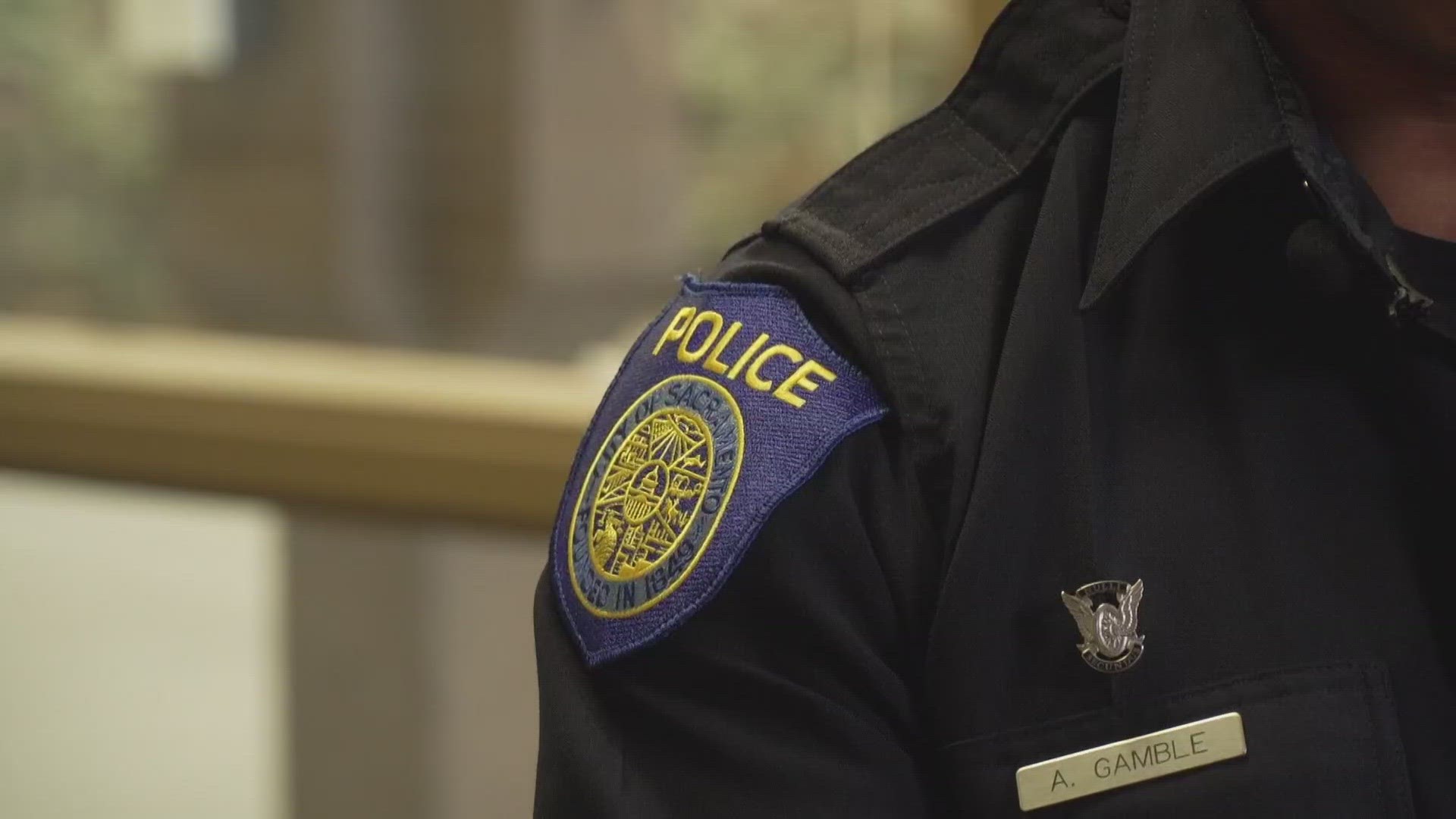CALIFORNIA, USA — The findings of a research study involving implicit bias within the Sacramento Police Department have been released by Washington State University.
The training exercise from 2018 to 2022 started not long after the Sacramento police killing of an unarmed Black man named Stephon Clark, a case that drew national headlines and sparked questions about the use of deadly force.
“There's no such thing as a human being that is not inherently implicitly biased,” Lead Researcher Lois James, PhD. said. "Where we run into big problems, especially with police, is that they are in situations where those implicit biases might pop up and influence them, and affect how they treat people and affect how they interact with them."
Fifty Sacramento officers participated in her study, getting a combination of classroom and simulation-based training to help make them aware of any implicit bias they might unknowingly hold. James said her research concluded that the training led to "modest improvement," cutting discrimination complaints in half, particularly during police interactions with the homeless community.
“What we’re trying to do is shine a light on implicit bias, bring it into conscious awareness, because in conscious awareness, an officer has much more chance of actually controlling it than if they don’t even realize that they’re doing it,” James said.
Researchers then analyzed body camera footage of the trained officers as they went on calls and interacted with members of the public. The study found that officers who received the training had 50% fewer discrimination complaints than those who did not.
“People’s perception is people's reality, and we can speak until we’re blue in the face and say, hey, look, I'm a good person. I'm a good person. I'm a good person. But if somebody doesn't trust the uniform and doesn't trust the police, we can't ignore that,” Officer Anthony Gamble with the Sacramento Police Department said.
Officer Gamble, who is Black and grew up in South Sacramento, teaches implicit bias training to current officers on the force and said it’s a small step toward building trust in the communities they serve.
“There's people in the community that don't trust the police, and, some of it deep-seated, and some of it may be for good reason,” Gamble said. "But as a police department, as long as we continue to look at ourselves, do introspection, look at our policies, continuously reevaluate, those are ways I think we're gonna really help bridge that gap.”
While the department has made policy changes in the years following the Clark case, Gamble acknowledges there is still work to do.
Just in October, the Sacramento Police Department admitted to making a mistake on a traffic stop, pointing a gun at an 8-year-old boy, who is Black, because the officer thought the child matched the description of a wanted suspect.
“It's not lost on our police department that there are biases as individuals, we all have biases, and one thing that this department has done strategically over the last couple of years is we've invited outside entities to come and look at our department,” Gamble said.
James said this is a first-of-its-kind study and more studies should be conducted before making blanket recommendations to police departments. However, she feels encouraged that there’s now research to show that, while not foolproof, quality training can be effective in addressing some of these challenges.
“I think that the more the more studies that we do like this, and the more that we can show, you know, actually things can improve, police and community members can have really great positive interactions,” James said. "And it's not to minimize or dismiss the traumatic experiences that many have at the hands of police. But I think just showcasing some of the positivity and the potential for change is important as well.”
Currently, every Sacramento police officer must take 20 hours of implicit bias training at the police academy and then every subsequent year for various amounts of time. Next year, every officer must take a two-hour-long updated training course on this topic.
Watch more on ABC10

















